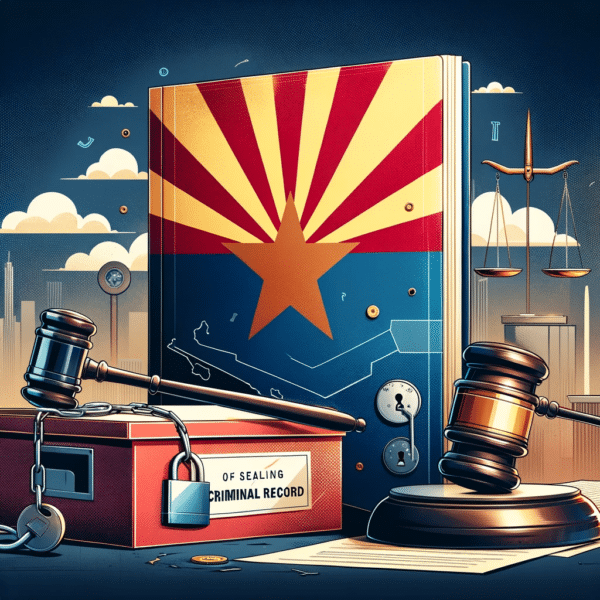Having a criminal record can be a significant obstacle when pursuing employment, housing, or even some personal rights like gun ownership. For residents of Arizona, one avenue of relief comes in the form of sealing a criminal record. However, it’s not a panacea for all troubles related to a criminal history. This article outlines the limitations of sealing a criminal record in Arizona.
1. Not Everyone Qualifies: The eligibility to have a record sealed is not universal. The state of Arizona has specific criteria that determine who can request their criminal record to be sealed. Typically, it considers the type and seriousness of the crime, time passed since the conviction, and the petitioner’s subsequent conduct since the offense.
2. Sealing is Not the Same as Expunging: A crucial distinction to note is the difference between sealing and expunging. In Arizona, when a record is sealed, it is hidden from public view but is not entirely erased or destroyed. Law enforcement and certain other entities can still access these records. Expunging, on the other hand, would be a complete erasure of the conviction, but Arizona does not currently offer expungement for virtually all criminal convictions, a notable exception being minor marijuana-related offenses.
3. Doesn’t Erase the Crime: Sealing the record doesn’t mean the crime never occurred. If asked under oath or in specific circumstances (like specific job applications for specific offenses), an individual might still be obligated to disclose their past criminal history, even if it’s been sealed.
4. Certain Crimes are Ineligible: Not all crimes can be sealed in Arizona. Some serious crimes, especially violent ones or those involving vulnerable victims, might be exempt from the possibility of sealing.
5. Potential Future Unsealing: Under certain conditions, sealed records can be unsealed. For instance, if an individual commits another crime or if there’s a legal need to access that record, the court might order the record to be unsealed. As stated above, some government agencies can still require access to a sealed criminal record in certain circumstances.
6. Doesn’t Impact Certain Rights Automatically: Sealing a criminal record doesn’t automatically restore all rights. For example, certain felony convictions might lead to the loss of the right to possess firearms. Simply sealing the record doesn’t automatically restore that right and this process needs to be followed BEFORE sealing the record. This can be avoided by consulting with a legal professional to follow the proper process.
7. Not Invisible to All Background Checks: While a sealed record will not show up in most standard background checks, specific sectors, especially those related to law enforcement, military, or some sensitive government positions, might still be privy to sealed records.
8. The Process Can Be Lengthy and Complex: Sealing a criminal record isn’t as simple as filling out a form. The process involves petitioning the court, which can require substantial paperwork, and possibly even court appearances. While it’s possible to go through the process independently, many opt to get legal assistance to navigate the complexities as well as avoid pitfalls such as the one mentioned above.
Conclusion:
Sealing a criminal record in Arizona offers a chance for individuals to move forward from past mistakes. It provides a measure of privacy and removes many of the barriers that come with having a criminal record. However, it’s crucial to understand its limitations. Those considering this route should be aware of what sealing can and cannot do and should consult with a legal professional to ensure they fully understand the process and potential outcomes.

